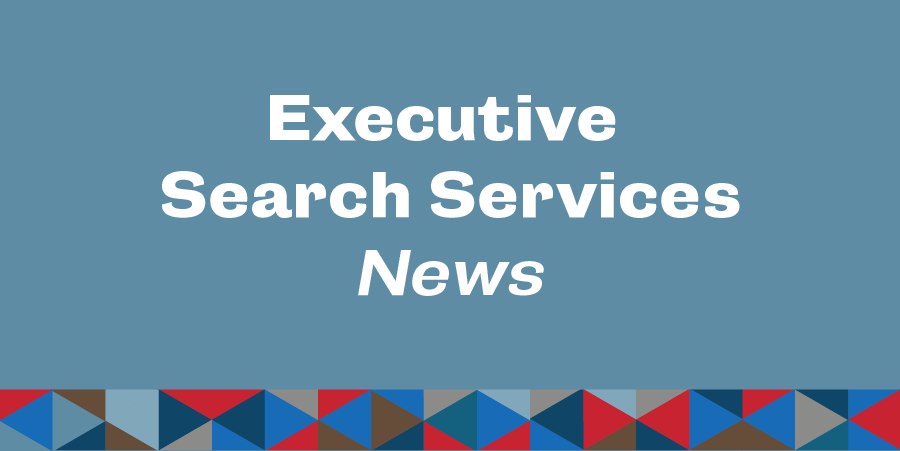COVID-19 Vaccinations and Employee Medical Inquiries
As COVID-19 vaccines become available some educational entities are asking TASB HR Services how to respond to requests for employee medical information.
Local health authorities, hospitals, and other agencies are working to administer vaccines to individuals quickly and efficiently and may ask you to identify those employees who qualify for the vaccine in this phase. Currently, this may include identifying staff 65 or older, or younger than 65 who may have an underlying health condition qualifying them for a Phase 1b vaccination.
Medical Inquiries
An employer may make a medical inquiry of an employee to certify requested Family Medical Leave (FML) or under the Americans with Disabilities Act (ADA) if an employee has requested a reasonable accommodation due to a disability. Inquiries may only be made in circumstances that are job-related and consistent with business necessity.
Any medical information obtained from an employee must be necessary and remain confidential and protected.
According to the Equal Employment Opportunity Commission (EEOC), job-related and consistent with business necessity means an employer has reasonable belief, based on objective evidence, that:
- An employee’s ability to perform essential job functions will be impaired by a medical condition; or
- An employee will pose a direct threat due to a medical condition.
Vaccine-Related Inquiries
Before a vaccine is administered, the entity administering the vaccine must ask certain questions to ensure there is no medical reason to prevent the individual from getting a vaccine. These types of pre-vaccination screening medical questions may reveal an employee’s disability and could be considered “disability-related” under the ADA.
If the employer or a third party contracted by the employer is administering the vaccine, this screening must comply with the requirement to be job-related and consistent with business necessity and meet that standard as outlined above. Section K of the EEOC’s What You Should Know About COVID-19 and the ADA, the Rehabilitation Act, and Other EEO Laws provides guidance to employers regarding questions raised about vaccinations.
HR Responsibility
Outside of required data sharing with local health authorities, sharing of medical information from an employee should be avoided. Release of employee contact information should be handled as any other public information request. HR should ensure administrators, supervisors, and health-related service staff are aware of the risks involved with gathering employee medical information. The entity should seek legal counsel if they choose to collect employee medical information related to COVID-19 vaccinations.

Karen Dooley
Karen Dooley joined HR Services in 2016. She specializes in staffing services, HR reviews, and other projects. She provides training and assists school districts with their HR-related needs. Dooley is a seasoned administrator with more than 17 years of HR experience in Central Texas districts as a coordinator, director, and assistant superintendent. She also worked as an assistant principal, counselor, and teacher, and holds a superintendent certificate.
Dooley received her master’s degree from Prairie View A&M University and her bachelor’s degree from Texas State University.
HR Services

Subscribe to HRX
Stay up to date with all the latest HR news and trends by joining the HRX mailing list!




